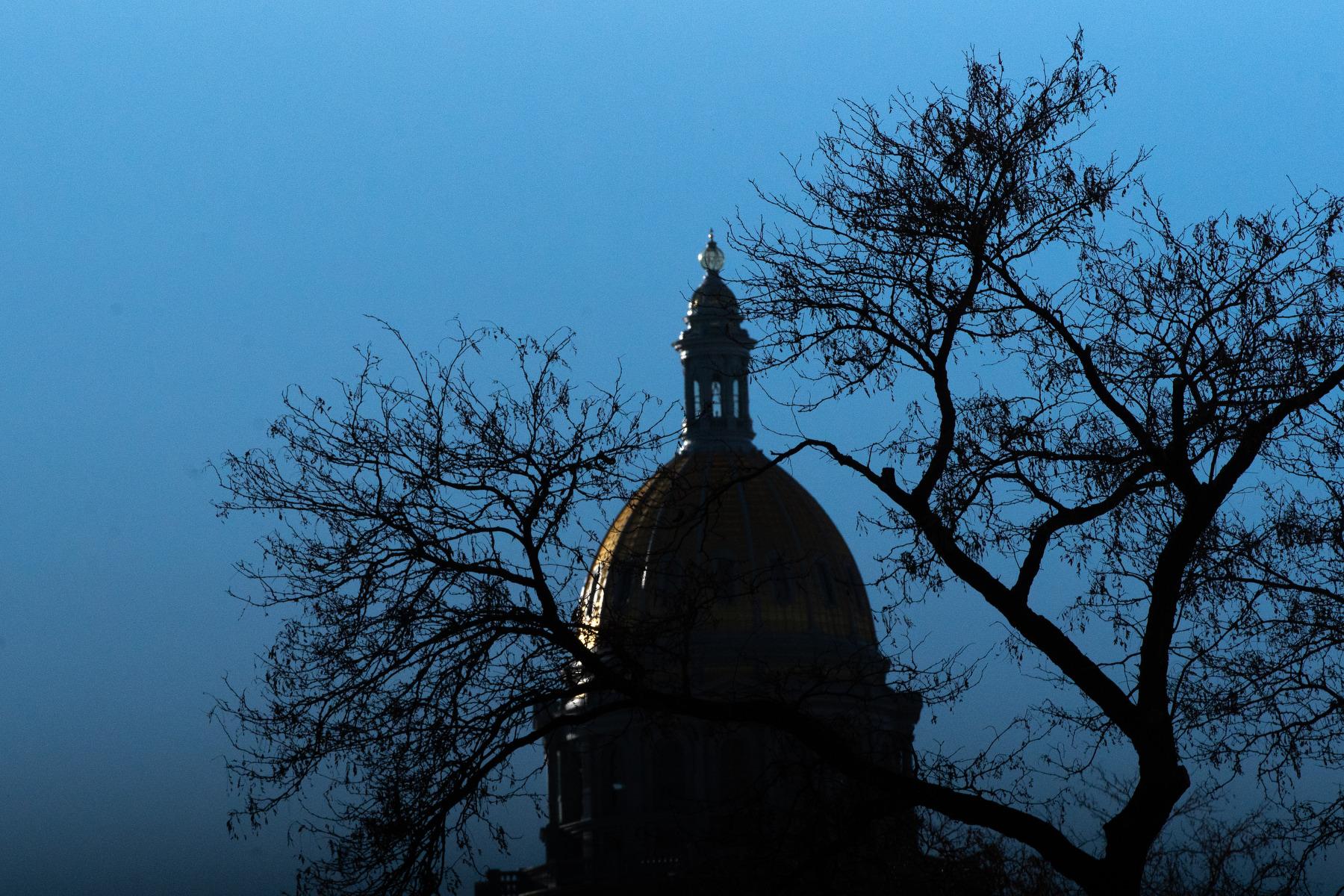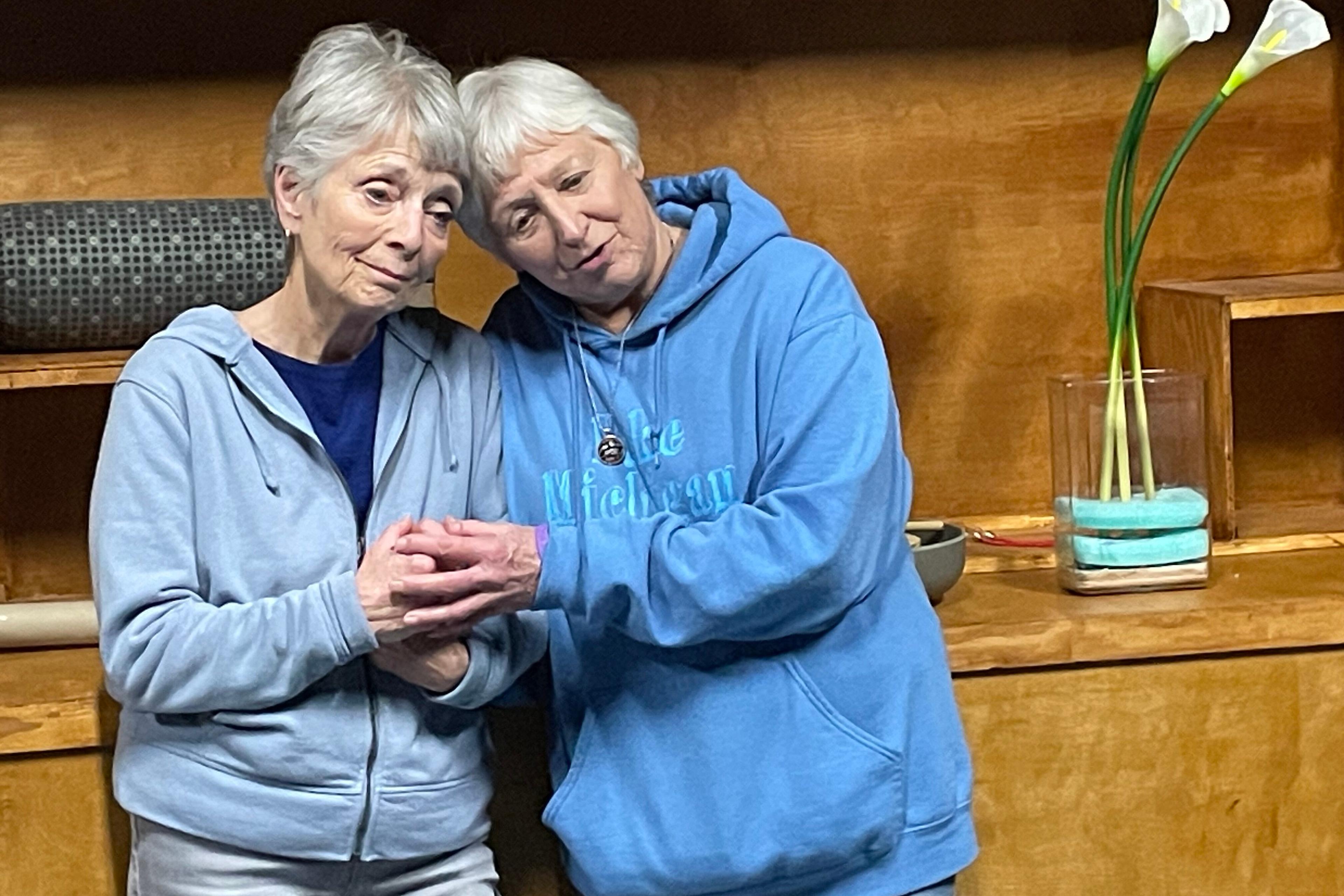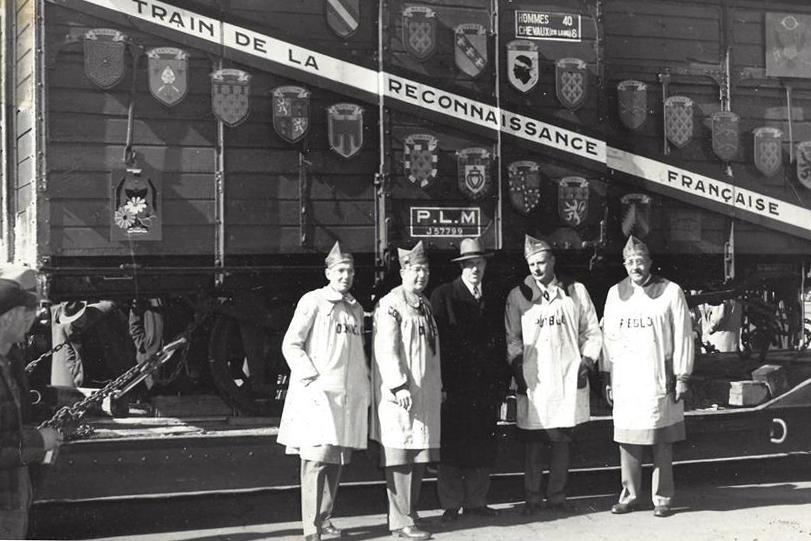
This story starts with a train. Just not the one that’s missing.
In 1947, Europe was rebuilding from the destruction of World War II. Big-hearted Americans wanted to help. So a train crossed this country gathering aid. The Friendship Train collected tens of millions of dollars in food and supplies.
The Europeans were grateful. In 1949, the French sent a thank you note. Well, much more than a thank you note. France bestowed upon the United States 49 Merci train cars — one for each state at the time. ("Merci" is French for thank you.)
Hawaii and The District of Columbia shared the 49th because of their notable contributions. Alaska didn’t get one.
And these train cars were full.
“Each state received a carload of gifts — including children’s toys, fine China, even wedding dresses made by French people,” said historian Stephanie Gilmore.
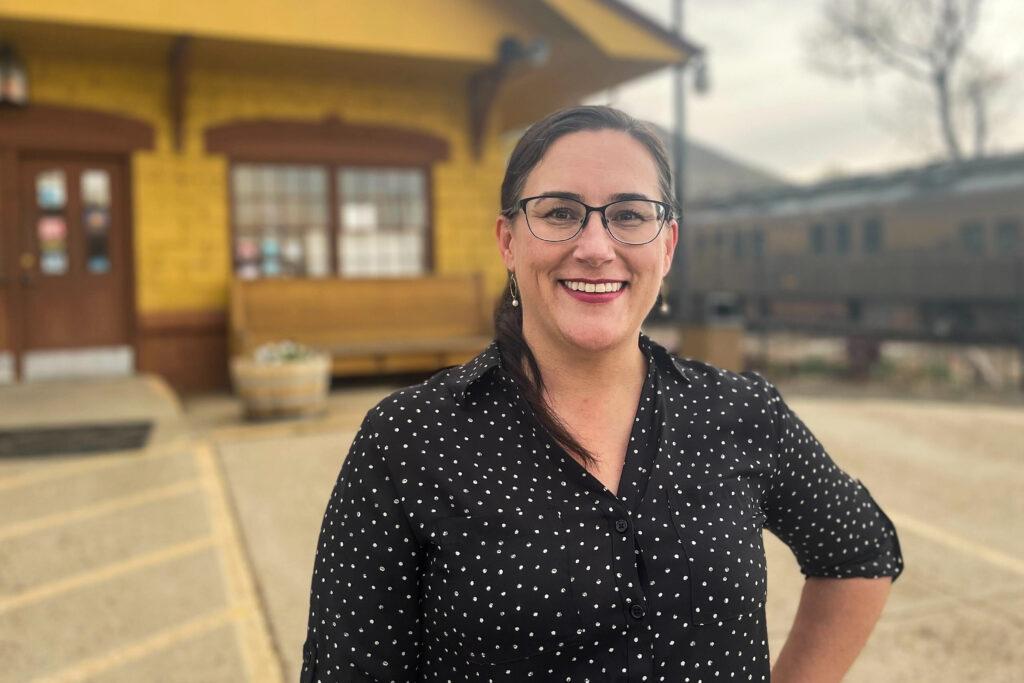
American brides even wore those gowns. Gilmore used to be a curator at The Colorado Railroad Museum in Golden and became captivated by the story of the Merci boxcars. She even made a short film about them.
The cars, which had been used to transport men and horses in the First and Second World Wars, were decorated with the heralds of every French province. This type of boxcar is known as a forty-and-eight because it could carry 40 people or 8 horses.
When Colorado, the 38th state, got its Merci train car, the arrival in Denver was met with fanfare.
“It was like a Christmas party, opening a giant gift,” Gilmore said.
Then Colorado lost it.
Undoubtedly, Susan Donaldson, who lives near Boulder, knew of this gigantic misplacement when she wrote into CPR’s Colorado Wonders project inquiring into its whereabouts.
The answer is mysterious and unsatisfying.
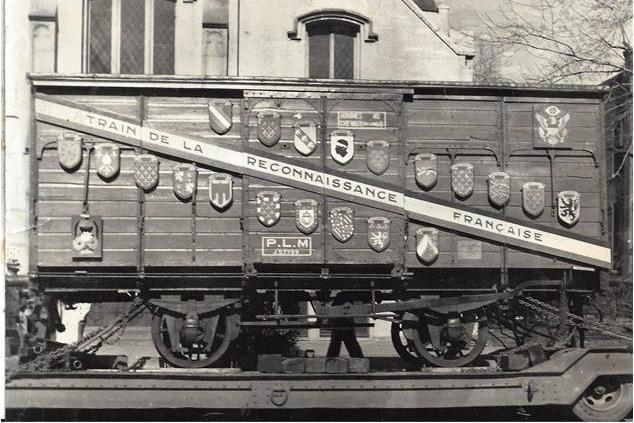
“There are pictures of it in downtown Denver when it first arrived,” Gilmore said. “But that was as far as I could see for photos. In terms of where the car is today, do we want to go into that yet?
Stephanie, let’s definitely go into that.
“It is missing. As far as the Colorado Railroad Museum and the Forney Museum [of Transportation in Denver] have gotten, we believe it exists on a ranch somewhere in Colorado. But we don't know where.”
The ranch may belong to a legionnaire, says Gilmore, because the American Legion was so closely tied to the Merci train project on the U.S. side.
Gilmore hypothesizes that the boxcar has been repurposed somewhere in Colorado.
“It could be a chicken coop, because that happens a lot with cars,” she said. “It could be a shed on somebody's property. It could even be buried. That happens sometimes.”
Over the years, Gilmore and her colleagues have fielded calls from people with leads, but those have never panned out. So Gilmore cherishes any remnants — one of which is in the collection of the Colorado Railroad Museum.
Carefully sliding it out of a protective cover, Gilmore reads aloud from a plaque: “Boxcar used in the 1st World War presented by the French National Railroads to the State of COLORADO in gratitude for the help given to France by the American people."
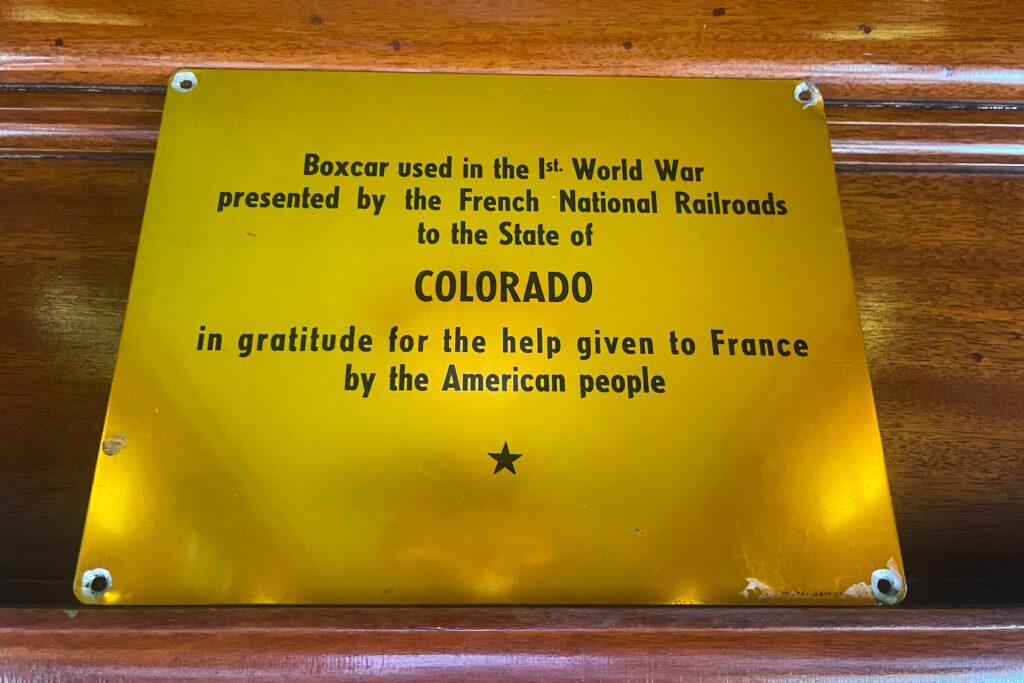
Here and there, Gilmore says, gifts from inside the train have made it into museum collections. She cites History Colorado and a museum in La Junta, Colorado.
But if you want to see an actual Merci boxcar, you will have to travel to another state. Forty-three remain. The others were destroyed by fire, dismantled, or — in Colorado’s case — outright lost.
“I do hold out hope that it is somewhere,” Gilmore says.


